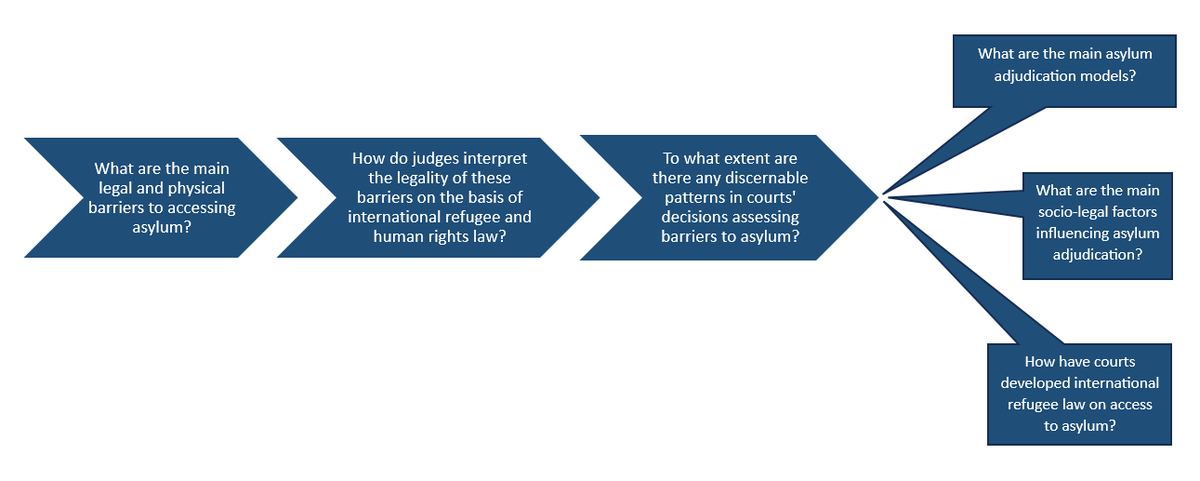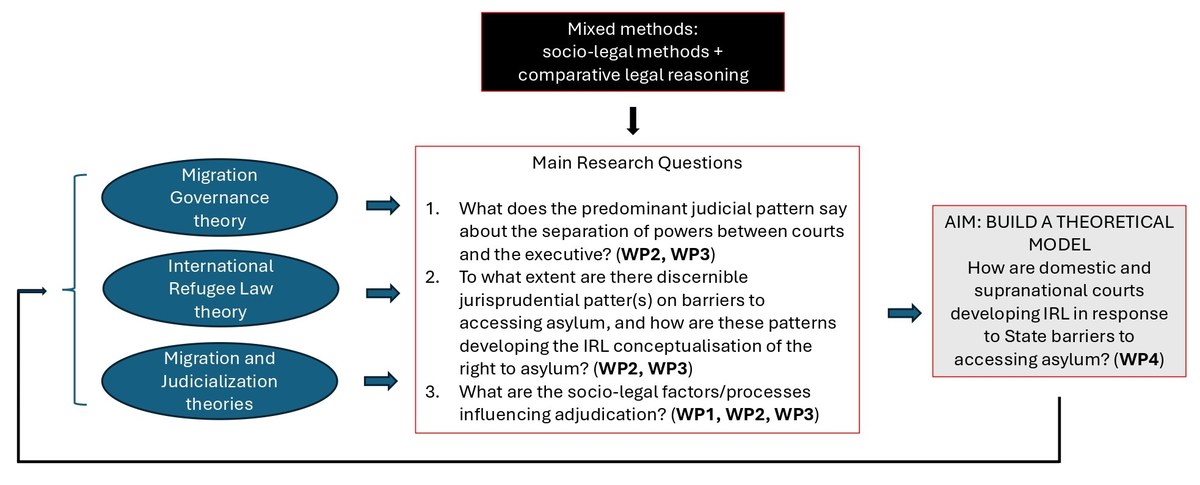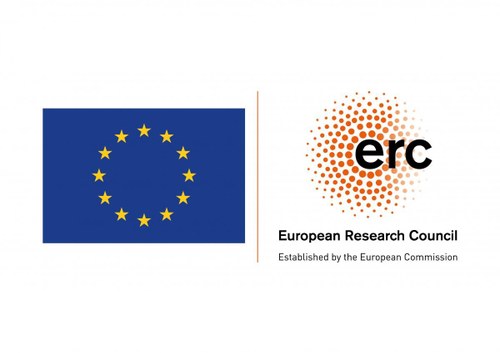Project
States around the globe are increasingly relying on push and pull-backs, walls and fences, detention measures, carrier sanctions, digitalization, and externalization of asylum proceedings to prevent refugees from accessing asylum. Since no international court is specifically dedicated to interpreting the 1951 Refugee Convention (RC), the responsibility falls upon domestic and supranational courts to assess the compatibility of these barriers with the RC and other human rights instruments.
The ACCESS project seeks to understand how national and supranational courts from across the globe adjudicate on barriers to accessing asylum.

ACCESS adopts a comparative approach analysing adjudication practices from 10+ national jurisdictions and 4 supranational courts (CJEU, ECtHR, IACtHR and ACHPRs). Jurisdictions were chosen based on: their significance in the refugee regime, geographical position, implementation of barriers, legal precedents, participation in regional organisation, legal systems' diversity, court configurations, and access to supranational courts. The working hypothesis is that differences in judicial findings on barriers to accessing asylum may stem from socio-legal and political factors, some of which, like adjudication systems and comparative reasoning, have been under-studied by legal scholarship.
Objectives:
- Identify common judicial patterns on the legality of the most widespread types of barriers.
- Identify which socio-legal factors at the macro, meso and micro levels can explain disparities in judicial findings on legality.
- Develop a theoretical model of how domestic and supranational courts shape international refugee law on access to asylum.
ACCESS will develop an empirically driven theoretical model that explores how domestic and supranational courts interpret these barriers. In doing so, the project aims to uncover different patterns in court rulings, their impact on asylum access, and the socio-legal factors at play. Furthermore, ACCESS investigates how courts shape international refugee law in response to these challenges, offering crucial insights into the future of refugees’ rights.

WP1: Development of the Conceptual Research Framework
Leggi dettagliWP2: Domestic Courts and Barriers to Asylum
Leggi dettagliWP3: Supranational Courts and Barriers to Asylum
Leggi dettagliWP4: A New Theoretical Model on the Global Role of Courts in Shaping Access to Asylum
Leggi dettagli
Funder
ACCESS is funded by the European Research Council (ERC) Starting Grant under the European Union’s Horizon 2020 research and innovation program Grant Agreement No 101078683.
Principal Investigator Madalina Moraru; Host Institution University of Bologna, Italy; Duration 5 years; Start date 1st of November 2023.